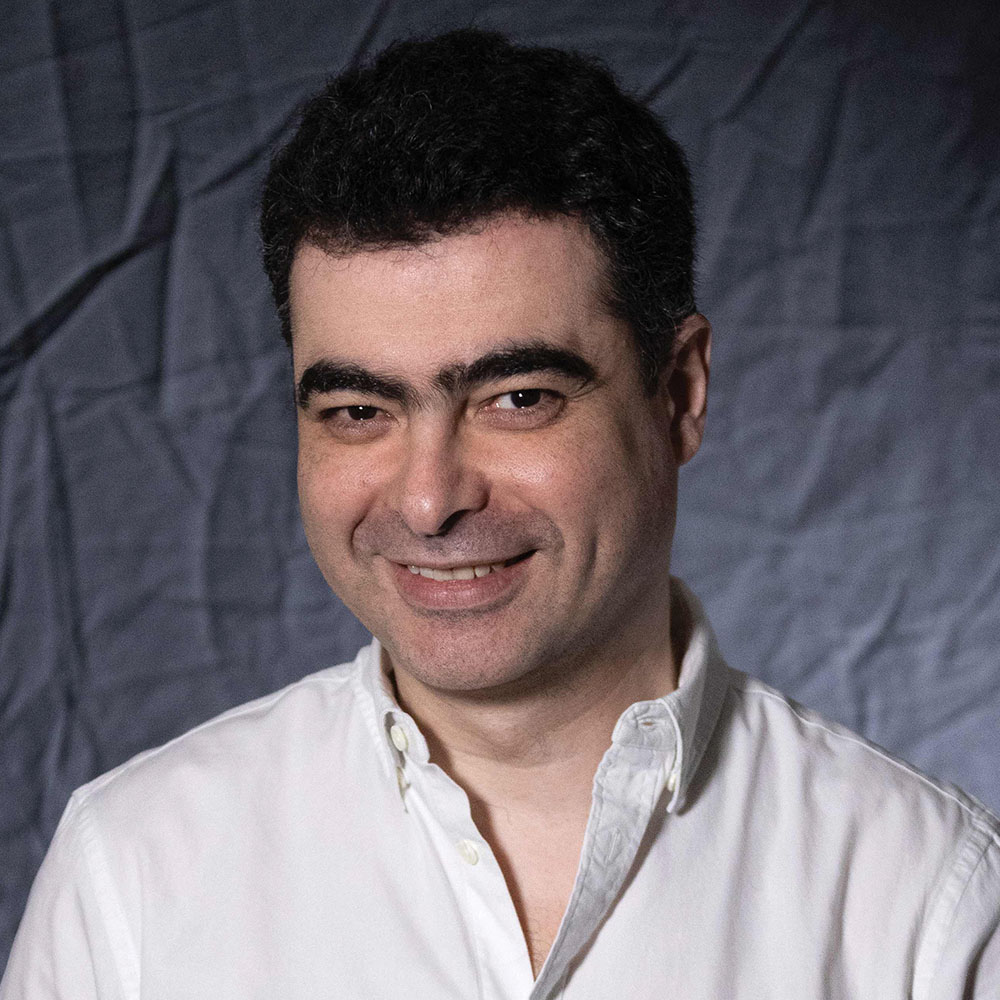
KHALED DESOUKI/AFP/Getty Images

The call from Marvel Studios came out of the blue, recalls composer Hesham Nazih of when the studio reached out to ask for a demo reel of his compositions. It wasn’t until weeks later, when Nazih was called in for a meeting with the Marvel music department, that he learned they were interested in having him score the latest Disney+ miniseries, Moon Knight — and that Egyptian director Mohamed Diab, who was serving as an executive producer and directing four of the series’ six episodes, had recommended the Egyptian-born composer.
Nazih’s enthusiasm for the project grew immediately once he saw the first two episodes. “The character of Moon Knight, and the character of Marc Spector [one of the many dissociative personas played by star Oscar Isaac], is so rich, so dramatically full,” he says. So, too, were the dramatic elements in the show. “There was so much going on: tension, drama, tragedy, romance, action-packed fight scenes. It was very challenging and inviting at the same time. I thought, ‘Wow, this is a full-volume picture.’ ”
Egyptian culture also plays a key element in the series — ancient gods appear as characters, both good and evil — and Nazih blended folk instruments such as the arghul, mizmar (both reed instruments) and rebab (strings) within its orchestra-driven score. “The music is organic,” says Nazih of his strategic use of Egyptian sounds. “Those ancient instruments fit perfectly well within the orchestra. Sometimes they were up front, sometimes [isolated] by themselves. I played with depth.”

KHALED DESOUKI/AFP/Getty Images
At the same time, however, Nazih notes that while the show incorporates Egyptian motifs both visually and sonically, “this show was not about Egypt. Its essence is part of the story, but it’s not the story.”
Nazih says that director Diab sought authenticity, a desirable quality that was a matter of course simply because of the composer’s identity. “Mohamed wanted it to sound authentically Egyptian, and I said, ‘Don’t worry about that. We wouldn’t do it any other way,’ ” says Nazih. “It’s like my accent, the color of my skin and eyes, my hair — it’s all in there. I wasn’t trying to avoid Western stereotypes of Oriental music because I don’t have that in me.”
Nazih speaks of his musical approach in metaphorical terms, comparing himself to a potter crafting a vessel while pointing out how he manipulates a single theme to work in various dramatic ways. “Sometimes it’s like a piece of clay that you’re rolling inside your hand, making it long and soft and thin,” he explains. “Then you can roll it into a ball, or shape it into squares — it’s the same piece of clay. I had to maintain the unity of the music.”
Nazih also states that his goal was a sound that leaves an “impact in your chest and your head,” no matter where the viewer is from or where the project is set. “Film music has reached a form of musicality that is now universal,” he explains. “It began in the West, but it’s not exclusive to the West anymore.”
This story first appeared in a July stand-alone issue of The Hollywood Reporter magazine.